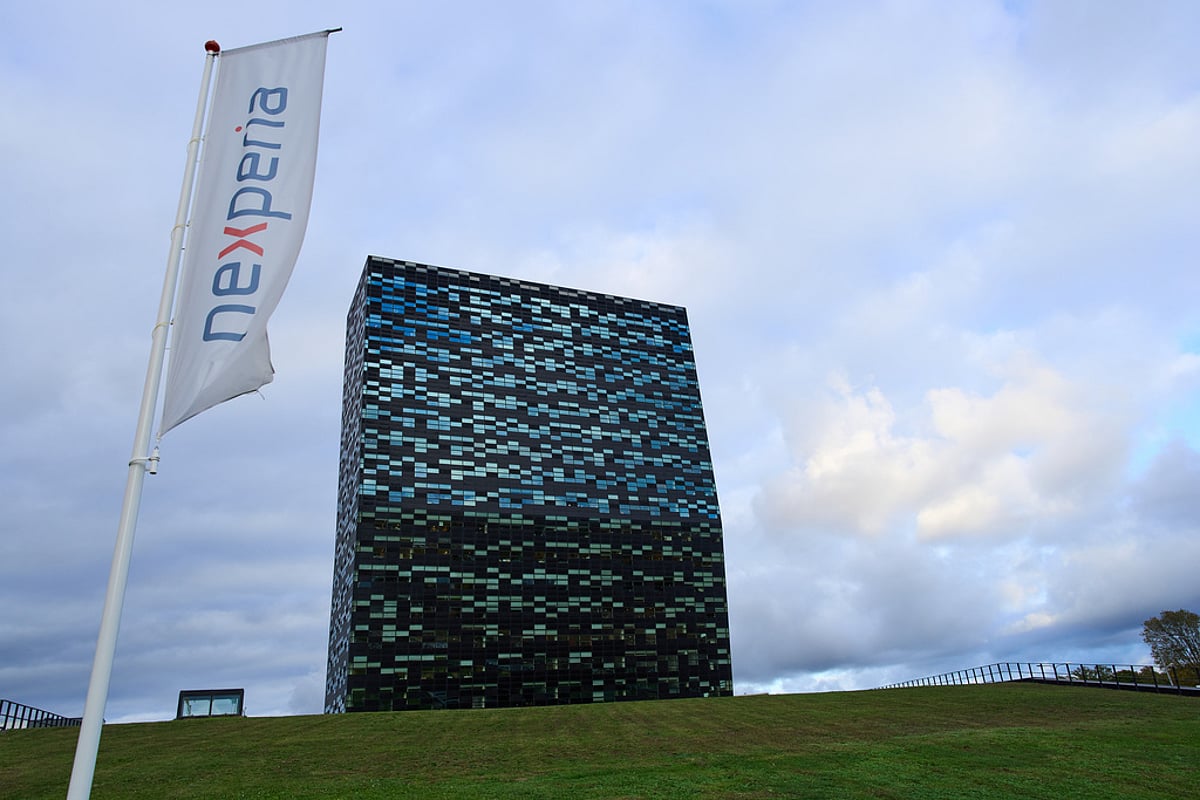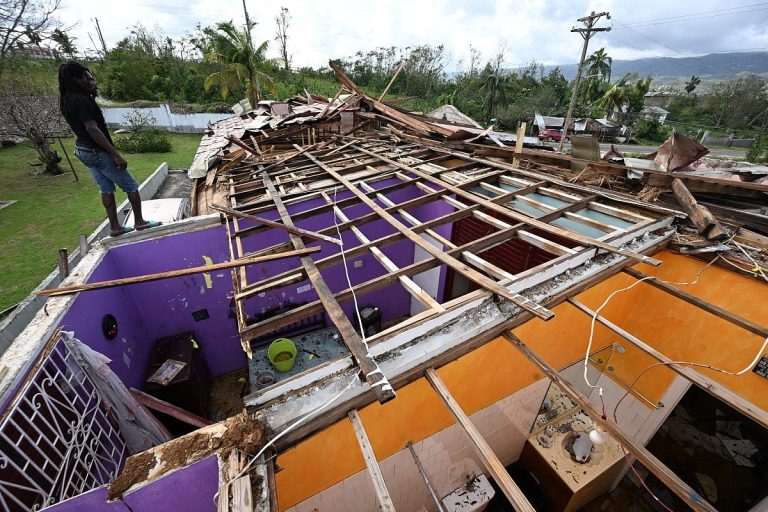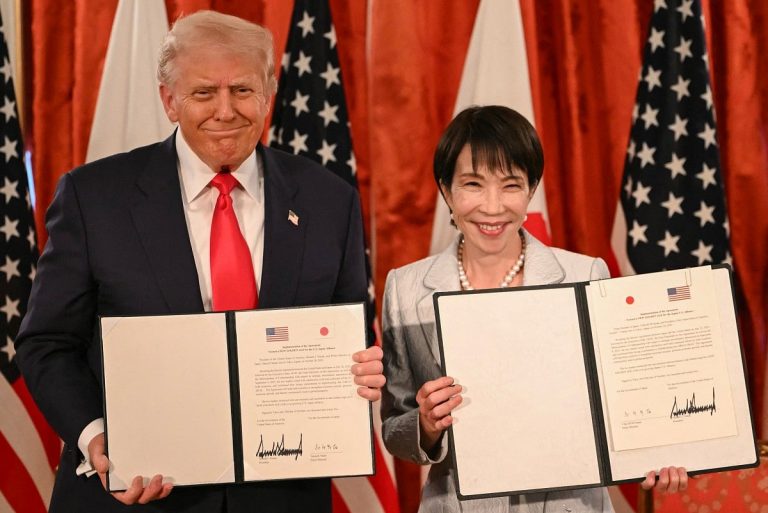China Blames Netherlands for Nexperia Chip Supply Crisis
Recent developments surrounding Nexperia, a semiconductor company owned by China’s Wingtech Technology, have intensified tensions between China and the Netherlands. The Dutch government has taken control of Nexperia, citing national security concerns, which has led to significant disruptions in the global semiconductor supply chain.
Control of Nexperia and Its Implications
The Netherlands invoked the Goods Availability Act to assume control of Nexperia on September 30, 2024. This rare move was prompted by concerns that the company’s governance could jeopardize critical technological knowledge and capabilities within Dutch and European borders. Following this takeover, the Dutch government replaced Nexperia’s Chinese CEO, Zhang Xuezheng, with interim CEO Stefan Tilger.
In late October, Nexperia’s Chinese unit announced that its headquarters in the Netherlands had suspended wafer supplies to its factory in China. This suspension raised alarms about the company’s ability to deliver essential semiconductors, particularly for global automakers. The Chinese Ministry of Commerce responded by stating that the Netherlands should be held accountable for the ensuing chaos in the semiconductor supply chain.
U.S. Involvement and Export Controls
The situation escalated further when the United States added Wingtech Technology to its “entity list” in late 2024, citing national security concerns. This designation subjected Wingtech and its subsidiaries, including Nexperia, to stringent export controls. The U.S. government’s actions have contributed to the ongoing tensions, as global automakers, including Ford, have expressed concerns that China’s export restrictions on Nexperia’s semiconductors could disrupt their manufacturing processes.
In a recent development, U.S. President Donald Trump and Chinese leader Xi Jinping discussed the situation, with reports indicating that China might ease its export ban on Nexperia semiconductors as part of broader trade negotiations between the two nations.
Diplomatic Efforts and Future Prospects
Amid these tensions, the European Union’s trade commissioner, Maroš Šefčovič, noted that the Dutch government and Chinese authorities are engaged in “constructive engagement” regarding the Nexperia situation. The Netherlands has expressed a willingness to collaborate with Chinese officials to find a resolution to the standoff. Economic Affairs Minister Vincent Karremans has been in communication with China’s Commerce Minister Wang Wentao to explore potential solutions.
Nexperia was acquired by Wingtech in 2018 for $3.6 billion, and the current crisis underscores the delicate balance between national security interests and the global semiconductor supply chain. As both nations navigate this complex situation, the outcome will likely have far-reaching implications for the semiconductor industry and international trade relations.
FAQs
What prompted the Netherlands to take control of Nexperia?
The Netherlands took control of Nexperia due to national security concerns regarding the company’s governance and its potential impact on critical technological capabilities in Europe.
How has the U.S. influenced the situation with Nexperia?
The U.S. placed Wingtech Technology, Nexperia’s parent company, on its “entity list,” which imposed export controls and heightened tensions between the involved nations.
What are the potential consequences for global automakers?
Global automakers, including Ford, are concerned that China’s export restrictions on Nexperia’s semiconductors could disrupt their manufacturing processes and supply chains.
Conclusion
The standoff over Nexperia highlights the intricate relationship between national security and global trade in the semiconductor industry. As diplomatic efforts continue, the resolution of this issue will be crucial for maintaining stability in the semiconductor supply chain and ensuring the smooth operation of automotive manufacturing worldwide.
The semiconductor industry has become a focal point of geopolitical tensions, particularly as nations strive to secure their technological independence. The ongoing crisis surrounding Nexperia illustrates how national security concerns can intersect with global supply chains, affecting not only the companies involved but also their international partners. As countries like the Netherlands and the United States implement protective measures, the ripple effects are felt across various sectors, including automotive and consumer electronics.
In addition to the immediate impacts on supply chains, the situation raises questions about the future of foreign investments in critical technology sectors. Companies may face increased scrutiny and regulatory hurdles when attempting to operate in regions with heightened national security concerns. This evolving landscape could lead to a re-evaluation of global partnerships and supply chain strategies as businesses seek to mitigate risks associated with geopolitical instability.
Also Read:
Ek Deewane Ki Deewaniyat Crosses ₹1 Billion Worldwide






